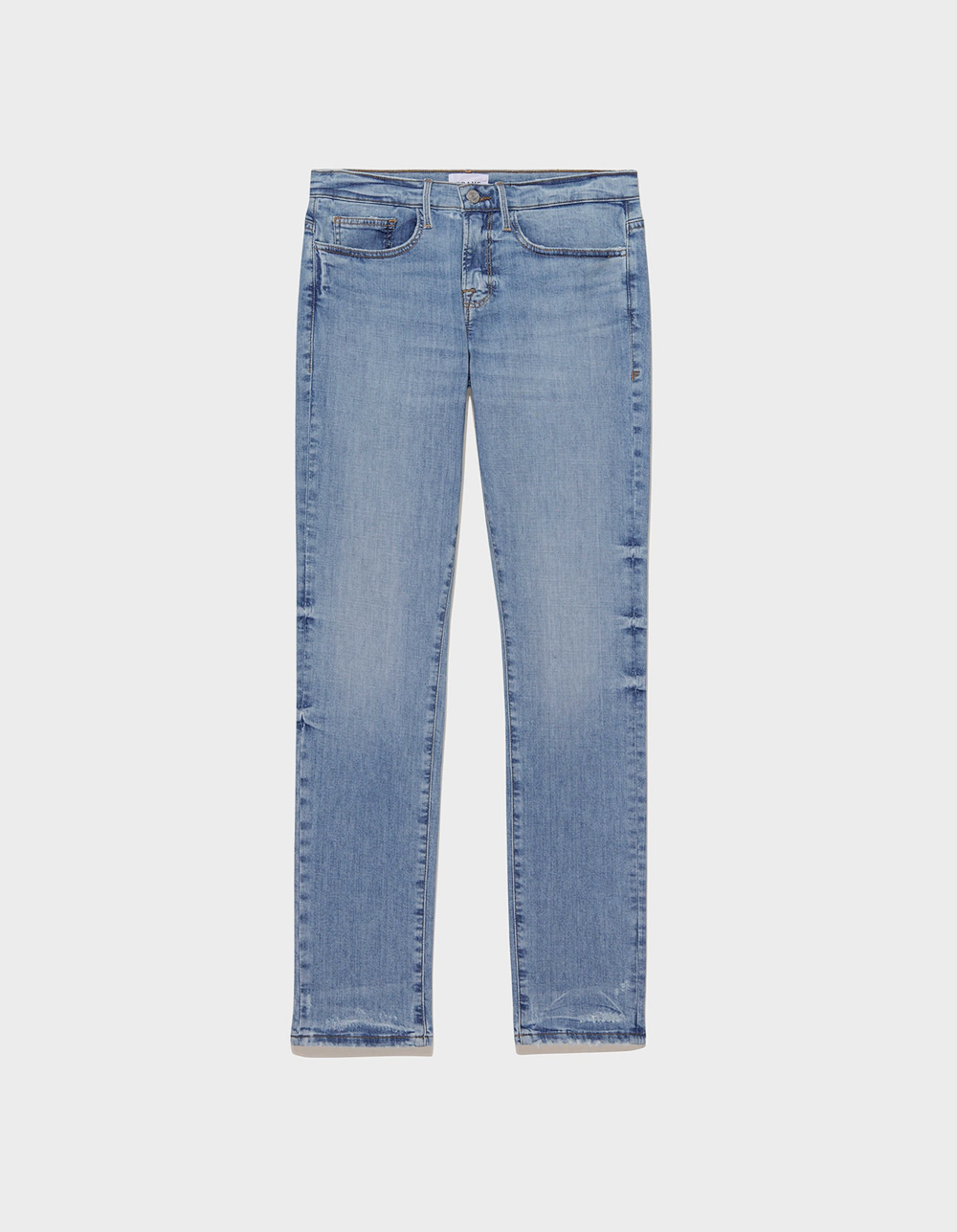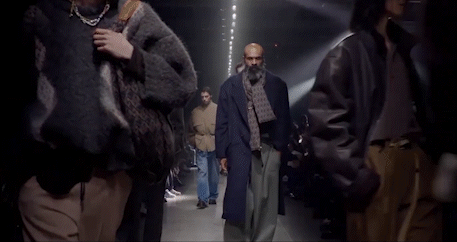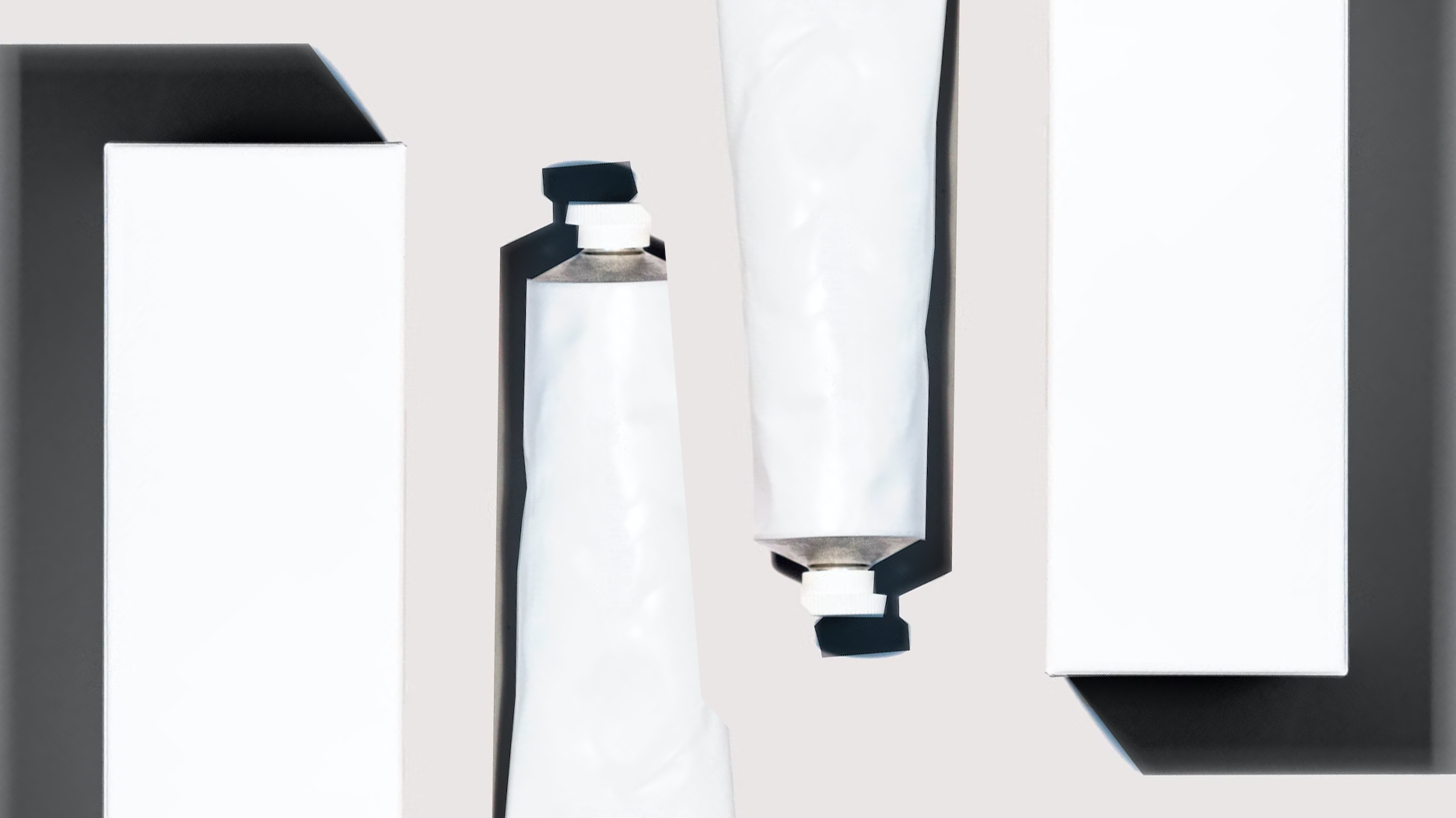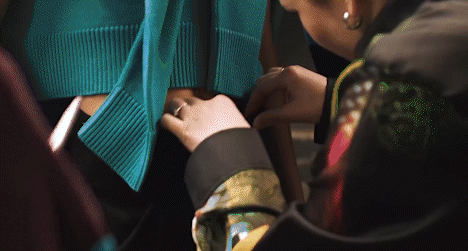Denim & the Environment: The Innovators
Denim is a popular fabric from clothing and accessories to home furnishings. The jeans market in the U.S. is estimated at US$15.1 Billion in the year 2021¹. Unfortunately, denim production can negatively impact the environment due to the amount of waste produced during manufacturing and the use of toxic chemicals in dyeing processes.
Denim production is integral to the fashion industry but also creates significant waste. Denim is made from cotton, one of the most heavily sprayed crops in the world, which requires large amounts of water and pesticides to grow. In addition, many synthetic dyes are used in denim production, which can be harmful. More significant systemic changes also need to be made in the fashion industry at large. These initiatives can include investing in sustainable processes and materials, being more mindful of the resources used to produce our products, and limiting unnecessary waste wherever possible.
While some major denim brands are taking steps to improve this ubiquitous fashion essential, there are others who are focusing on material and product innovation to drive change.
AG @agjeans
"AG launched two state-of-the-art water filtration systems that recycle wastewater from our factories in Los Angeles and Mexico. In their early stages, these machines have managed to save over 100,000 gallons of water per day, but we're only getting started. Though we've already reduced our water footprint throughout the years, these filtration systems have raised the standard for sustainable denim manufacturing in a big way. Every year, we are growing and challenging ourselves to find more ways to reduce our environmental impact. Our water goal is to recycle 50 million gallons of water annually. #AGOODKARMA is an ambitious life-long goal at AG. It has taken years of dedication, patience, and extraordinary people to come as far as we have. To make sustainable denim possible, we've partnered with some of the most charitable organizations in the world, like Water For People, Boxed Water, and Heal the Bay."
Read More: #AGOODKARMA agjeans.com


Asket @asket
"Early 2020, we introduced The ASKET Principles - our open source playbook in how we define our overall responsibility as a company in the apparel industry - and how we act on it. The Principles are designed to encompass the totality of our impact and influence, ensuring every decision we make is based on comprehensive knowledge of its consequences. There is no silver bullet to solve the fashion industry's social and environmental problems. Every initiative needs to be seen through a plethora of lenses to make sure something we decide to do to reduce our impact doesn't just push it elsewhere. The Principles ensure we keep our promise: Only create meaningful essentials, garments free of compromise, that allow us to pursue a life with less and end the era of fast consumption. We report on our progress working along these principles annually around Fashion Revolution Day, April 24th, so we can keep track of our progress together."
Read More: Lifecycle Responsibility at asket.com


COS Stores @cosstores
"COS Denim comes in recycled or organic variations. Beyond a season, a trend, a moment, to a more sustainable world. Discover a destination dedicated to progress. We want to share the whole story, the beginning, middle, and beyond of everything we do and make. Beyond our collections, within our production chains, and throughout our community. Because we all know better fashion isn't about the surface, better choices come from thinking about our long-term impact on the planet. We look beyond our collections to a new way of living and creating that will lead us to a climate neutral (and, one day, climate-positive) existence. This means removing more greenhouse gas emissions from the atmosphere than we create and using fewer resources in everything we do. We believe our choices, wardrobes, and lives can do more with less."
Read More: Better Looks Beyond at cos.com


DL1961 Premium Denim @dl1961denim
"DL1961 is a family-owned brand, creating premium denim with sustainability at its core since 2008. Overseeing the entire process from fiber to finished garment, we pride ourselves on our leading fabric and sustainability technologies. Learn more about how we're taking trash and turning it into your new favorite jeans, all our eco-friendly materials, and our commitment to social responsibility. We begin the process by shredding old denim and post-consumer waste into smaller and smaller pieces, then weaving those into new yarn with eco-friendly fibers and high-performance stretch. Your jeans are constructed and hand-finished using waterless laser and Ozone technologies in our family-owned manufacturing facilities, which are fully compliant with International Social & Environmental Quality Standards."
Read More: Recover™️ dl1961.com


Edwin USA @edwinusa_
"Launched in Tokyo in 1961, the EDWIN brand set the standard for Japanese denim production. In 2019, EDWIN USA launched with a new purpose: To radically transform the denim industry from a take-make-waste linear economy into a restorative circular economy that fosters mindful consumption. That's why our materials are sourced from a carefully selected network of suppliers; our jeans are made at Saitex, the world's cleanest denim factory, and we offer forward-thinking recycling and upcycling programs. Our overall aim at EDWIN USA is to improve our environmental, social, and economic impact and build a more sustainable and circular fashion industry. We also produce with Rekut, a social entrepreneurship project providing employment for differently abled people."
Read More: Restorative Circular Economy edwin-usa.com


Frame @frame
"Clean-blue Maui is a perfect everyday wash. This fit is crafted from degradable premium Italian denim made with organic cotton and ROICA degradable stretch yarn. When buried, this denim will break down completely. Each pair of biodegradable jeans is created according to FRAME's "Four Pillars of Responsible Washing," which means no bleach, no potassium permanganate, no stone-washing, and using water-saving machinery. The range features three new fabrics: Rigid 727, Comfort Stretch 785, and Super Stretch 778, all of which degrade respective to how much stretch is woven throughout each fabric (but, ultimately, all are degradable). In seeking and inventing eco-conscious materials and production methods, we look holistically at what points in the denim lifecycle are ripe for innovation and apply strict guidelines for what we deem a 'FRAME Responsible Denim Product.' Today, ~55% of our Men's denim is a FRAME Responsible Denim Product. By 2025, ~75% of our Men's denim will be a FRAME Responsible Denim Product. By Fall 2022, 100% of trims will be sustainably sourced–i.e., using organic or recycled fibers. We've partnered with ThredUP to educate and inspire our customers to make sustainable decisions, starting in their closets. Customers receive FRAME credit when they send gently used clothing to ThredUP, which keeps garments out of the landfill, supports circularity in fashion, and rewards sustainable action across our community. L'Homme Athletic Degradable. Our athletic silhouette is inspired by our famous slim-fit denim but designed with more room in the seat and thigh."
Read More: frame-store.com


Nudie @nudiejeans
N.P. is an upcycling fashion brand founded by the Italian designer Nicolò Puccini was launched in 2015 in Empoli (Florence). The core of is business are the reworked vintage jeans, whose collections are organized in limited drops. "I research and select the best vintage & secondhand garments, making sure that the degree of wear of each one is minimal. However, there may be minor signs of wear, signs of recovery (machining, stitching, mending), or tiny stains on the garments. These elements help to make the garment even more unique and authentic. I always guarantee a very high quality of materials and craft. Before being available, the garments are washed, sanitized, and ironed."
Read More: Transparency & Reporting nudiejeans.com


Outerknown @outerknown
"Drop off denim from any brand to any Rag & Bone store to receive 25% off your entire denim purchase that day. Have an old pair of jeans? Let's put them to good use. Since 2017 rag & bone has been proudly working with Cotton's Blue Jean Go Green™ denim recycling program, improving the world one pair of jeans at a time. Are you eyeing the latest Rag & Bone jeans? Go for style and sustainability—bring in any denim from any brand to be recycled. Authentic denim is made from cotton, a sustainable fiber, which can be broken down to its natural state and recycled into something new. By diverting denim away from landfills, you'll be making the world a little greener."


Unspun @unspun.io
"We make one pair of jeans at a time - after you've ordered them. How's that for being intentional? Every garment has an impact. We recognize that each piece of fabric and garment is from resources that we should not waste, which is why we will never make jeans before they have a home. Not to brag, but our sourcing process is a vigorous one. We work with manufacturers and mills across the world. Being a small, agile brand means we cherry-pick and seriously curate with whom we work. Only the cream of the crop & top of the pops for our customers! Our denim is made from some of the most sustainable fabric ranges from the best denim mills in the world. Oh, and our fabrics are all 100% Vegan. 89% of our entire range's fiber composition is plastic-free, 11% of our current range's fiber composition is recycled, and 89% is made of recyclable inputs. The way we calculate recyclability is through fiber composition. Most of our materials are cellulose-based fibers - rendering them more recyclable and, in some cases, biodegradable."


Warp + Weft @warpweftworld
"We're a family-owned company that's been in the denim business for three decades. Our eco-friendly mill is one of the world's largest textile manufacturers, which means we can create high-quality denim that's good for you, the planet, and your wallet. A traditional pair of jeans takes 1,500 gallons of water, but a pair of Warps requires less than 10. Beyond that, we treat and recycle 98% of the water we use. We also skip the environmentally-harmful bleaching process by opting for cutting-edge Dry Ozone technology, making us fully compliant with International Social and Environmental & Quality Standards. Plus, we're committed to ethical practices, fair wages, reasonable hours, and favorable working conditions for all our people.
Read More: The World’s Cleanest Vertically Integrated Denim Company warpweftworld.com




















